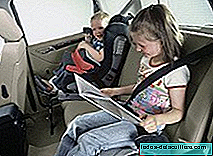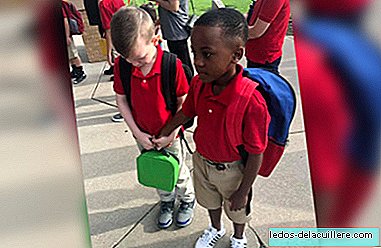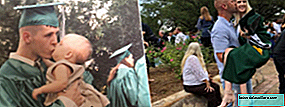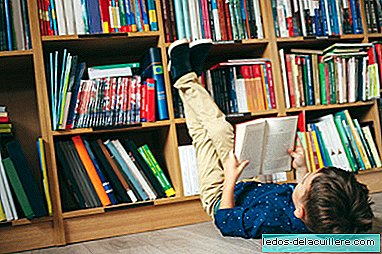Times change, society evolves and with it, new family models emerge that coexist with traditional ones. More and more countries are allowing gay couples to adopt children, as well as resorting to rent bellies or reproduction techniques that allow them to become parents. Gay marriages have grown from 700,000 to 1,000,000 between 2013 and 2014 in the United States and in Spain there are more than 32,000 same-sex unions.
There has been much talk about how children would be psychologically affected to be children of homosexual parents, how it would affect their relationships with other children, their studies and their development in general. Now science has responded to it. New research conducted by the University of Kentucky indicates that the children of homosexual parents have adjusted so well to their environment and evolve with the same normality as the adopted children of heterosexual families.
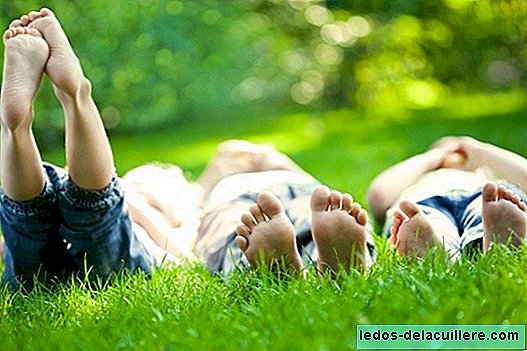
The research, published by the American Psychologists Association (APA) is the result of analyzing for five years the behavior of school-age children (preschool and primary) of 96 heterosexual couples, as well as formed by gays and lesbians, to evaluate the psychological adjustment of the child according to the sexual orientation of the parents.
The results showed that the psychological adjustment of children adopted by gay or lesbian couples is as good as that of other children and that his family functioning, in general, is positive.
AdvertisingWhatever the sexual orientation of the parents, the children showed less behavioral problems over time provided they had family stability. Dr. Rachel H. Farr, author of the study, suggests that it is not the family structure that determines the evolution of children, but the way the family works. A scientific demonstration that the important thing is not the form but the background.
When evaluating the factors that could cause problems of adaptation in children in the primary stage, they found one that affected their behavior, but that had nothing to do with the parents' sexual orientation: stress.
The authors assure that the results have implications for the promotion of support policies, practices and laws related to the adoption and upbringing of sexual minority adults.



